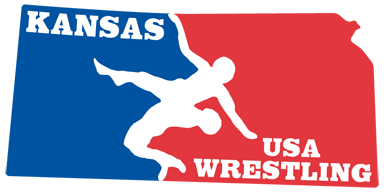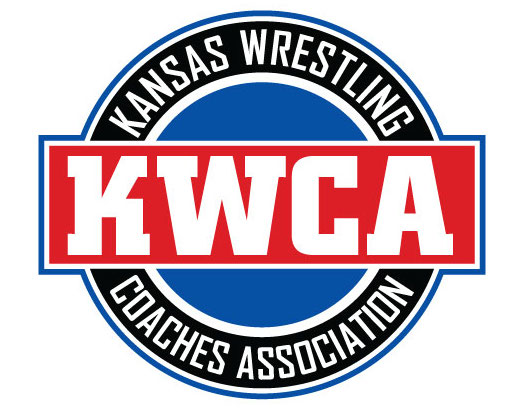Let's be careful in what we're implying. I'm not sure of the exact wording of the law and as it pertains to accomodations for people with disabilities.
Lets take a look at the building codes of existing buildings. You'll notice that nowhere in the quote does it say that access must be granted for all Handicapped Individuals. In fact, it says that in some instances, it's impractical. At the end of the selection, it does talk about appropriate alternates. An appropriate alternate could be to not allow WC access. There's no law that says the individual "has to have access." In fact in a building code for historical buildings (granted the school is not one), accessability can be denied due to the historical integrity of a building.
"Existing Buildings
In the case of material alterations of existing buildings, the adoption without modification of the guidance in this document may not, in all circumstances, be appropriate. In particular, the adherence to guidance, including codes, standards or technical specifications, intended for application to new work may be unduly restrictive or impracticable. Buildings of architectural or historical interest are especially likely to give rise to such circumstances. In these situations, alternative approaches based on the principles contained in the document may be more relevant and should be considered."
I bring all of this up not to sound insensitive, but to bring us to a sense of reality. The reality is that reasonable accomodations have to be made to buildings to allow HC individuals access into the building. It does not however mean that access should be unlimited. There are certain instances that such access is not cost effective or feasible. Hence, access to the gym needs to be granted so a person can view the games/activities at the school. It does not mean that it has to be matside on mat 3.
Having a close friend that's a quadraplegic, we understand that there are places we just can't go because of difficulty in design. In fact, when we hosted the boccia ball national championships in Topeka right before the ParaOlympics, we had to constantly consider 100+ contestants in wheel chairs and how they were going to maneuver in the facility. Takes you out of your box when you plan.
Most individuals with disabilities understand there are obstacles in the road everywhere in life and design game plans to accomodate those situations when accomodations don't exist for them.
For example, they may ask a coach to fill in and then have someone videotape the match. Then their son would come up to the stands to critique the match. Granted not the ideal situation, but one way to still be actively involved.
Two, contact the facility ahead of time to figure out any possibilities. If none exist, see first idea.
There are multitudes of ideas that exist. Rarely, if ever, do I read about individuals that feel so slighted, that they have to come onto the internet to complain.
Just curious, did you pursue the other two options that I proposed?







